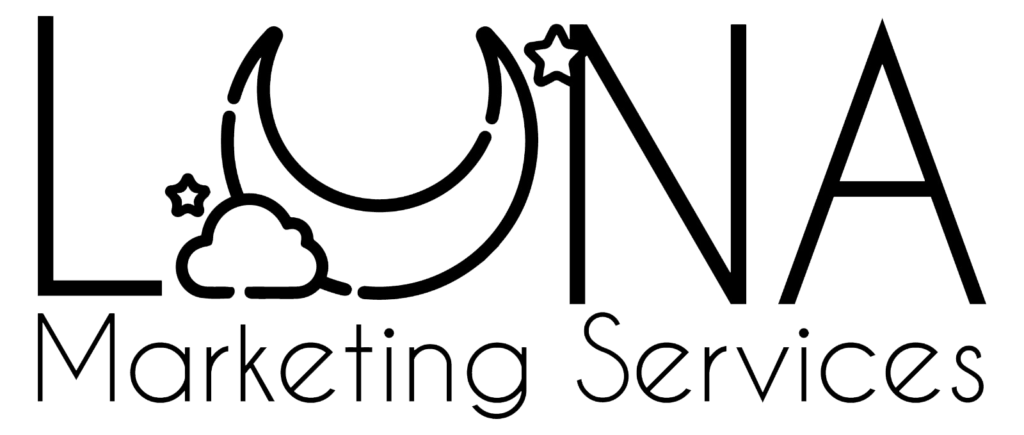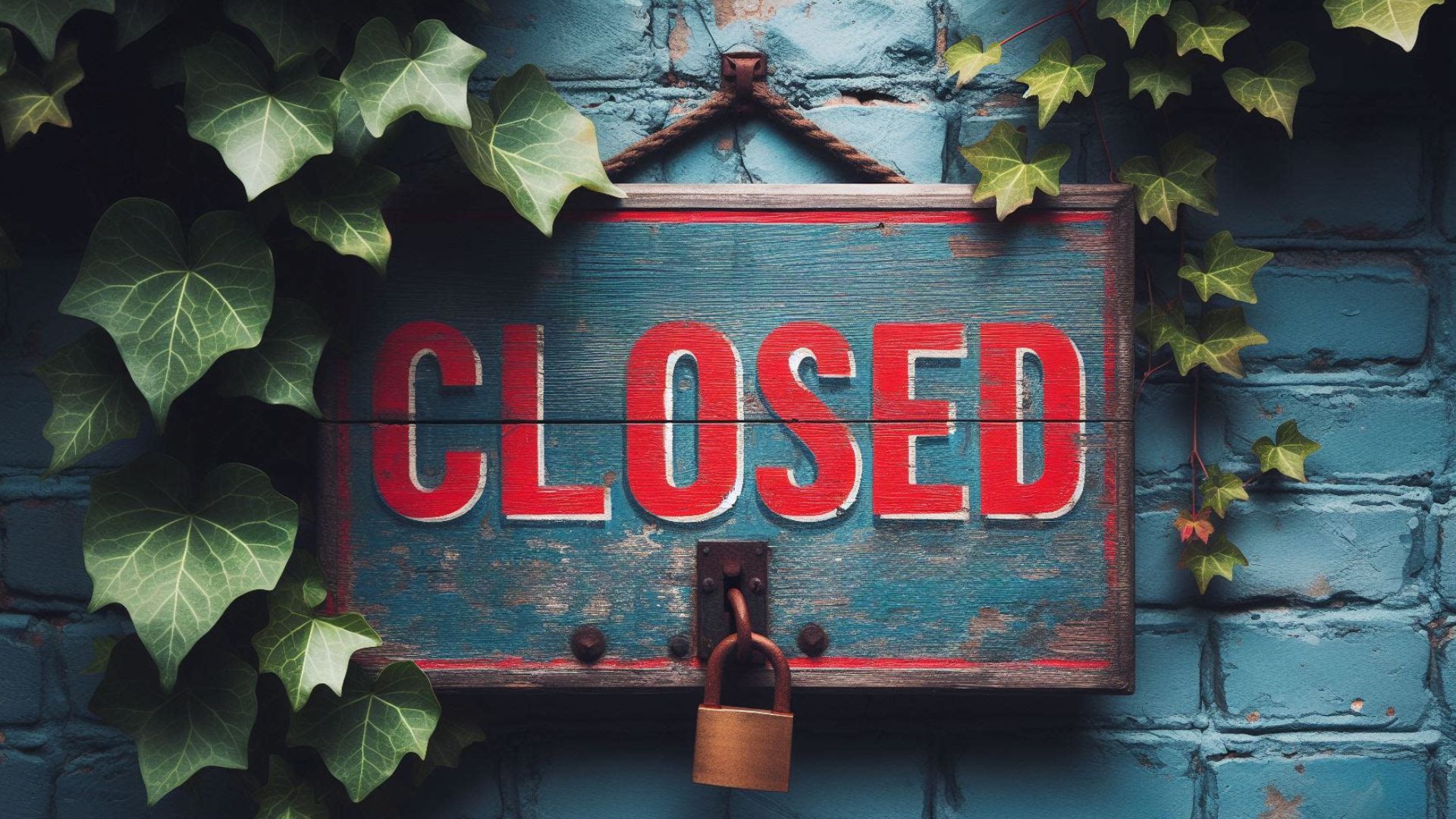March the 5th was a regular Tuesday for us: we woke up, got the kids ready for school, made lunchboxes, and decided to grab the phone and scroll while bread was toasting. We scrolled on TikTok, finished our morning routine, and, once we were back home, decided to start our work day by giving our usual opening message on Threads…
… and Threads was not loading.
Weird. But what was weirder was to realize that Facebook and Instagram were DOWN as well: all Meta platforms, except for WhatsApp, were out of service on one of the longest Meta outages in the last couple of years.
Ok, maybe that is a little exaggerated – the platform was out for probably a couple of hours. But it felt like forever!
Why is Social Media Important for Small Businesses
Social Media has opened doors for many people, from influencers to small stores, lots of people depend on Social Media for their lives and businesses to keep going. As a matter of fact and according to Synup, 76% of local businesses use social media as part of their marketing strategy, while 41% of them rely on social media to help drive revenue.
Social Media has become an indispensable tool for small businesses, serving as a marketing platform and a virtual storefront. Of course, in our particular case, the outage did halt our operations – we are a digital agency, and Social Media Management is a good part of our mix – but we were not the only ones affected.
For some, the outage disrupted their ability to connect with customers, showcase products, and engage with their community. Others lost hours of work as content they were working on, got lost due to the outage.
Social Media isn’t just a marketing tool—it’s an integral part of how we do business and the modern consumer’s shopping experience.
Diversifying Your Online Presence
During our many years as marketers, we have seen plenty of businesses – small shops particularly – that rely A LOT on Meta Platforms (Instagram and Facebook) to conduct business. Relying on Meta or Social Media, in general, is not a bad thing at all: it is great to know that these small and micro businesses have found an audience and a niche that works for them, but sticking to a single platform comes at a cost.
The outage underscored the need for businesses to explore alternative channels and platforms to connect with their audience. Whether it’s maintaining an active presence on emerging social media platforms, investing in email marketing campaigns, or building and optimizing a website, businesses must adapt and evolve to remain reachable in an ever-changing digital environment. Diversifying your online presence will only help YOU.
How To Remain REACHABLE
Let’s start by clarifying: it is NOT a bad thing to have a business running just through Social Media. If you are doing it and it is working for you, GREAT! Of course, it is always recommendable to diversify and be openly available in more than just one place. For starters, consider having a website.
While building a website can be a big investment (of either time or money) it does provide greater stability than Social Media as you are in control of the medium. A website serves as a centralized hub for your business, offering a professional online presence that customers can rely on, regardless of social media platform outages or algorithm changes. It provides a permanent home for your brand, where customers can learn more about your products or services, make purchases, and contact you directly.
Other places that you should consider as part of your diversification process are:
- Google My Business
- Yelp
- Next Door
Google My Business, for instance, offers a valuable opportunity to enhance your visibility in local search results and provide essential information, such as your business hours, location, and customer reviews.
Yelp and Nextdoor, on the other hand, allow businesses to connect with local communities and tap into hyper-local marketing opportunities. By claiming your business profiles on these platforms and actively engaging with customers, you can build trust, attract new customers, and differentiate yourself from competitors in your area.
Of course, make sure that your contact information (email, physical address, and phone number if available) is listed on all of these platforms: the idea is for people to have alternatives to reach out to you.
What To Do In Case of Outage?
If you are a Social Media adjacent business (like a Social Media Manager, a Digital Agency, or anything of the sort) the first step will be to PANIC 😱 – certain industries cannot do much about this type of outage as these platforms are a crucial part of how they conduct business. Of course, remaining reachable and communicating with your clients is always important.
If your business relies on Social Media, the first step is to communicate with your clients in any way you can (posting on an alternative platform or emailing them could work) to inform them about the situation and any potential service disruptions. Make sure as well to always keep backups of the information you store on Social Media – even more if you take orders through any of these platforms – and stay available during the downtime.
Once the systems are back up, communicate with your prospects and clients and make sure to get up-to-date with any communication or issue that might have arisen during the outage.
Social media outages can be disruptive, but they also serve as a reminder of the importance of diversifying your online presence and having contingency plans in place:
- Embrace alternative communication channels
- Stay informed
- Engage with your audience creatively
While we hope this does not happen again, if it does, we hope you can navigate through any future outage with confidence and emerge stronger than ever before.
Not sure where to start diversifying? Reach out! We will be happy to evaluate your current online presence and help you come up with an action plan to strengthen your online reach.






